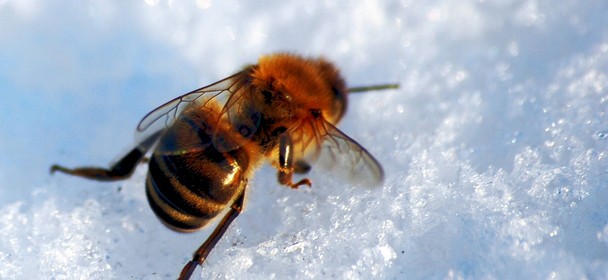What is Non Dairy Creamer Made Of?

Craig asks: What is non-dairy creamer made from? Yucky stuff. But you have alternatives…. The chemicals, oils, sugars and milk products (yes, milk, in a “non dairy” product) vary depending on your brand. Carrageenan: Extracted from the red seaweed more commonly known as Irish moss (Chondrus crispus), carrageenan is used as a thickening agent and emulsifier to make foods creamier. […]
Read more
















